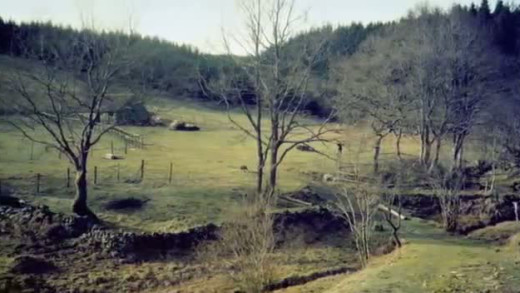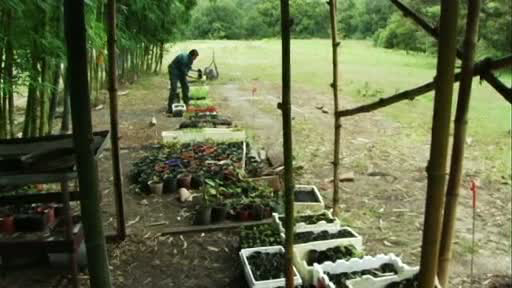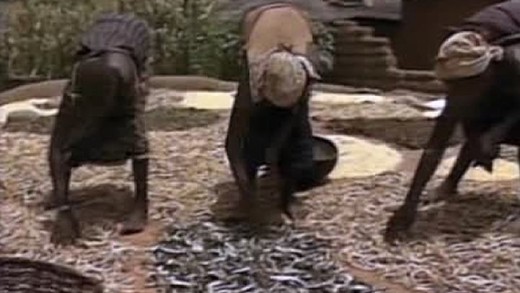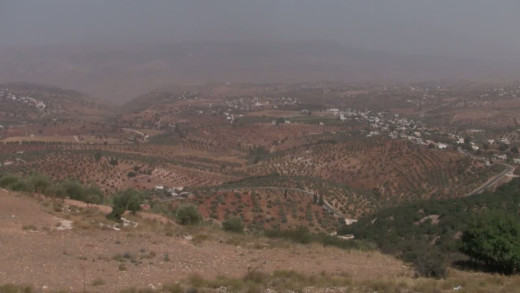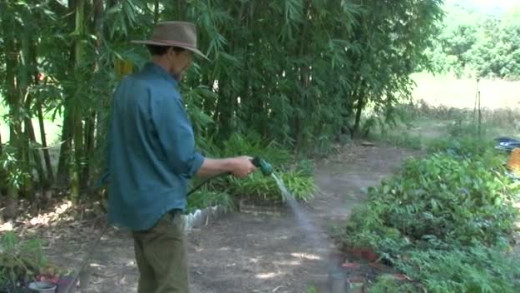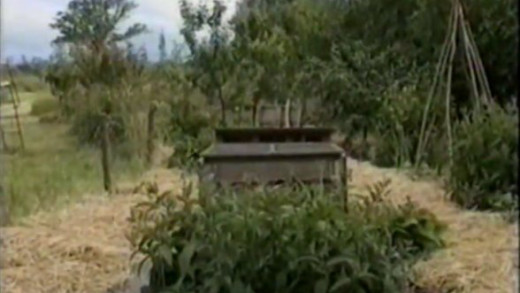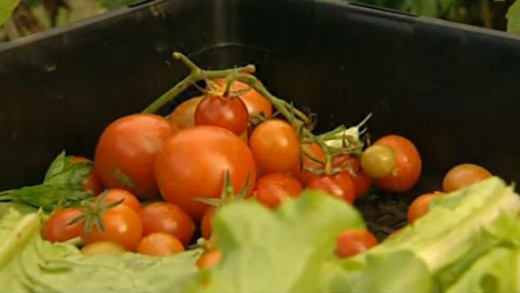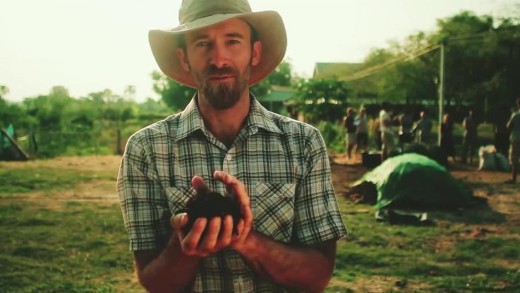A Farm For The Future follows wildlife film maker Rebecca Hosking as she investigates how to transform her family's farm in Devon, England, into a low energy farm with future peak energy concerns considered. With her father close to retirement, Rebecca returns to the farm to become the next generation to work the land, and the journey begins as she realises that all food production in the UK is completely dependent on cheap, abundant fossil fuel, particularly oil. After setting out to discover just how 'secure' the oil supply is and being alarmed by the answers, Rebecca is motivated to explore ways of farming without using fossil fuel. With the help of pioneering farmers and growers, A Farm For The Future shows that it is actually a return to nature that holds the key to farming in a low-energy future.
Going from classroom to real world, Establishing A Food Forest The Permaculture Way explains the patterns of a Food Forest and the essential principles of building a self-sufficient, sustainable way to eat. The film ends up at Tagari Farm which was abandoned years ago, but planted according to permaculture design principles. Did the Food Forest survive on its own?
Is the human population going to outstrip the Earth's food supply? The effects of modern agriculture not only lead to a short term food surplus which quickly slipped as population boomed, but agriculture itself causes huge environmental problems such as soil erosion, salinity and chemical pollution—all further illustrating an impossible system in perpetuity. Food or Famine looks at projects in North America, Chile, Indonesia, Africa and India which are participating in a worldwide movement to return to local food growing methods based on the land and healthy ecological principles. The film also examines the worldwide imbalance between food consumption and production, stoking the need to confront the mounting challenges ahead...
Greening The Desert follows permaculturalist Geoff Lawton and his team to the Jordan desert where they transform 10 acres of the arid desert into a lush, thriving, food producing garden. In a massive transformation, the team develops a system to harvest rainwater, creates swells with over a foot of mulch and designs the system to reduce salt levels in the soil dramatically—only a few miles from the Dead Sea.
Introduction To Permaculture provides an overview of some practical examples of permaculture design, while following the interwoven themes of ethics, community, planning and ecology. The film follows Geoff Lawton who is a permaculture consultant, designer and teacher in Australia and throughout the world, demonstrating some of the possibilities of permaculture design and how it can transform the way we eat and live...
Permaculture In Practice shows how the design of ecologically sustainable ways of living can be practised in four very different settings around the UK: A Hampshire back garden including fruit trees, vegetables, bees, chickens and ducks; in the city at Bradford close to a housing estate with 10,000 residents; a community co-op in Devon, which involves a café, allotments and local composting scheme; and a small farm in the Forest of Dean where local distribution schemes ensure a close link between grower and eater, including meat production, a vegetable box scheme and locally produced charcoal.
"Permaculture is a practical approach to the problems facing modern society, based on a philosophy of 'think global, act local'. This video documents the transformation of a bare suburban house in Perth, showing practical examples from start to finish of how to grow organic food sustainably, how to reduce and incorporate household waste, evaluate energy consumption, and recreate habitat for other life."
Not only with climate change and the inherent destructiveness of agriculture compounding the current ecological crisis and the need to systemically change things, Seeds of Permaculture follows a group of westerners that travel to Thailand to experience, explore, learn and teach about permaculture systems as a means to try and step out of their way of life and reconnect with cultures past-and-present about traditional knowledge pertaining to food and the land. With education and inspiration as the main thread, the film follows the westerners as they learn about composting, solar heating, food forests, composting toilets, natural building, and earthen ovens. The goal is to empower and excite you, the viewer, about the possibilities of listening and reconnecting with the land where you live.
